Sexism ‘kills 239,000 girls a year in India’
Study finds female children die at higher rates than males in 29 of India’s 35 states
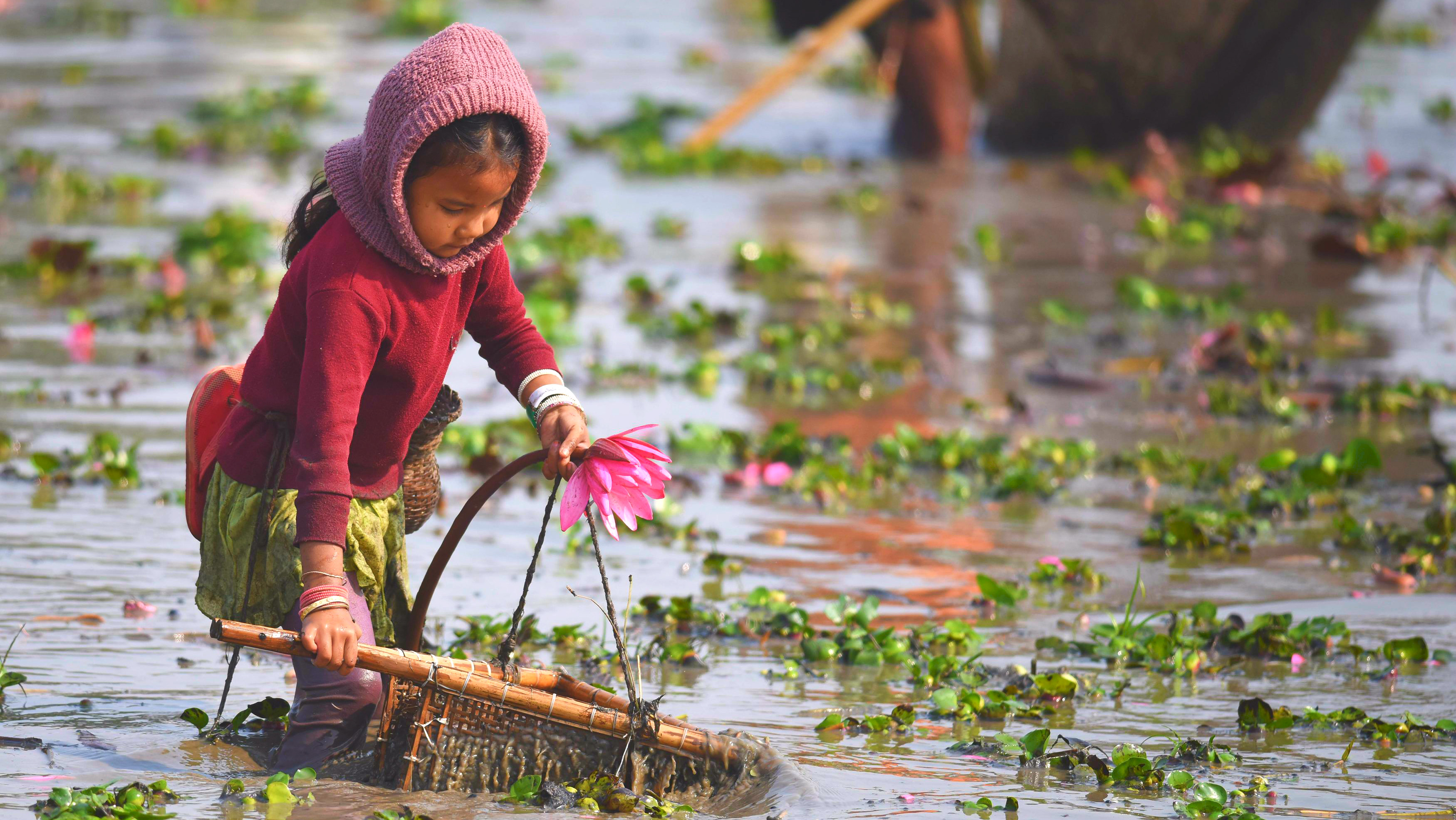
A free daily email with the biggest news stories of the day – and the best features from TheWeek.com
You are now subscribed
Your newsletter sign-up was successful
Discrimination against female children is responsible for around 240,000 deaths in India every year, according to a new study published in the medical journal The Lancet.
Scientists from the Vienna-based International Institute for Applied Systems Analysis compared lndia to 46 other countries and calculated that Indian girls aged under five died at the rate of around 18.5 per 1,000, higher than their counterparts in more egalitarian countries.
Overall, the study found that 22% of deaths in this age and gender group were ‘excess’ mortality, meaning that they exceed the expected average and are therefore considered avoidable deaths.
The Week
Escape your echo chamber. Get the facts behind the news, plus analysis from multiple perspectives.

Sign up for The Week's Free Newsletters
From our morning news briefing to a weekly Good News Newsletter, get the best of The Week delivered directly to your inbox.
From our morning news briefing to a weekly Good News Newsletter, get the best of The Week delivered directly to your inbox.
All but six of India’s 35 states exhibited an overall excess mortality in girls under five, but the trend was especially pronounced in northern India, CNN reports. Uttar Pradesh, Bihar, Rajasthan and Madhya Pradesh accounted for two-thirds of the total excess deaths.
The highest concentration occurred in “poor, rural, farming regions with low education levels, high population densities, and high birth rates”, says Times Now.
Researchers say that the skewed death rates of female children are at least partly the result of “unwanted childbearing and subsequent neglect”, Time magazine reports, in addition to discrimination in access to food and healthcare compared to male children.
The figure does not include sex-selective abortions, which remain commonplace despite government attempts to crack down on the practice.
A free daily email with the biggest news stories of the day – and the best features from TheWeek.com
Study co-author Christophe Guilmoto of Paris Descartes University said the figures were a stark reminder of the deadly consequences of discrimination.
“Gender equity is not only about rights to education, employment or political representation,” he said. “It is also about care, vaccination, and nutrition of girls, and ultimately survival.
“Gender-based discrimination towards girls doesn't simply prevent them from being born, it may also precipitate the death of those who are born.”
Earlier this year, it was reported that an economic survey carried out by the Indian government had estimated that sex-selective abortions and other discriminatory practices had resulted in an gender-imbalanced population which is “missing” 63 million women and girls.
Rather than a cause for celebration, for some Indian families “the birth of a daughter can be a time of embarrassment and even mourning as parents look towards the immense debts they will need to take on to pay for marriage dowries”, The Guardian reports.
-
 The environmental cost of GLP-1s
The environmental cost of GLP-1sThe explainer Producing the drugs is a dirty process
-
 Greenland’s capital becomes ground zero for the country’s diplomatic straits
Greenland’s capital becomes ground zero for the country’s diplomatic straitsIN THE SPOTLIGHT A flurry of new consular activity in Nuuk shows how important Greenland has become to Europeans’ anxiety about American imperialism
-
 ‘This is something that happens all too often’
‘This is something that happens all too often’Instant Opinion Opinion, comment and editorials of the day
-
 Pope aide under fire for 'mystical orgasms' book
Pope aide under fire for 'mystical orgasms' bookTall Tales And other stories from the stranger side of life
-
 Thieves who stole shopping bag in for big disappointment
Thieves who stole shopping bag in for big disappointmentTall Tales And other stories from the stranger side of life
-
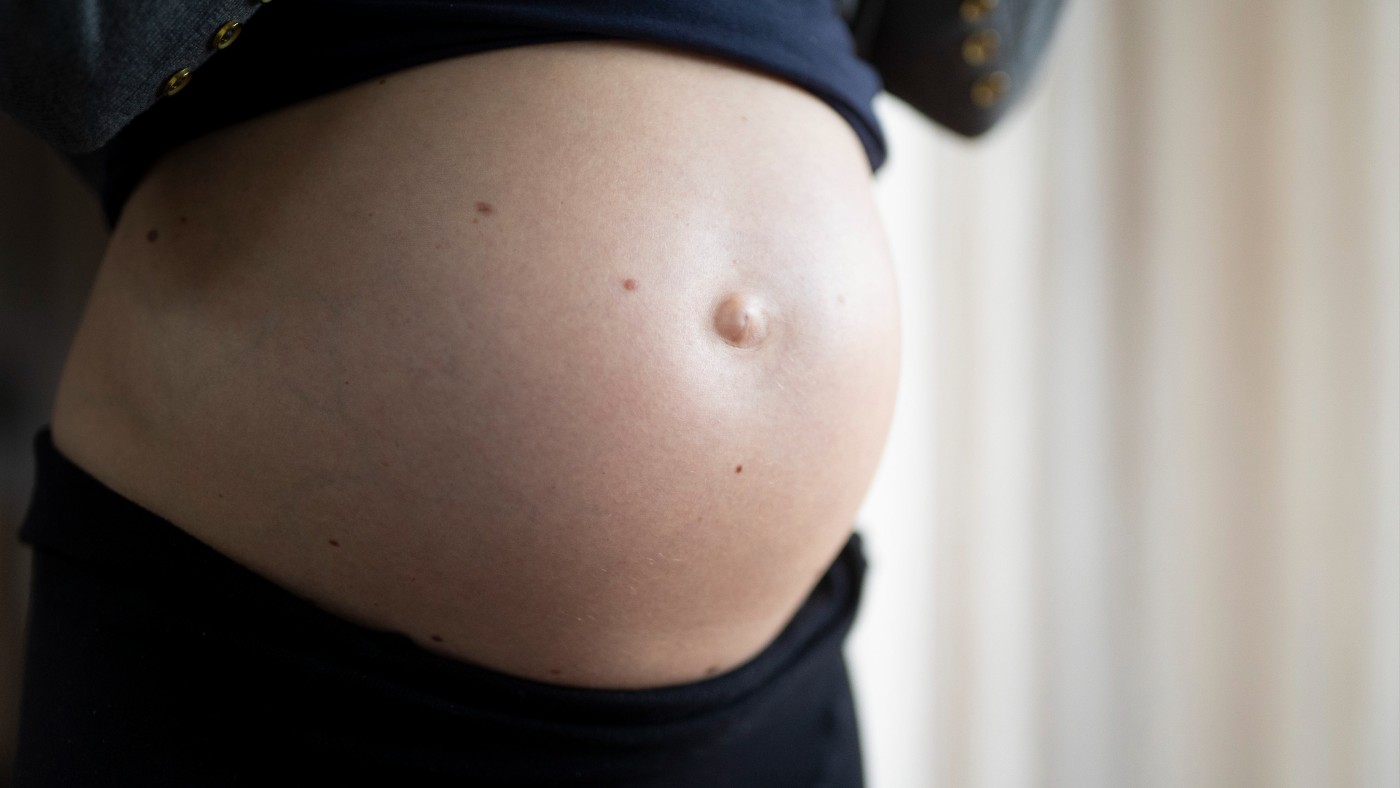 Woman has one in 50 million pregnancy
Woman has one in 50 million pregnancyTall Tales And other stories from the stranger side of life
-
 The spiralling global rice crisis
The spiralling global rice crisisfeature India’s decision to ban exports is starting to have a domino effect around the world
-
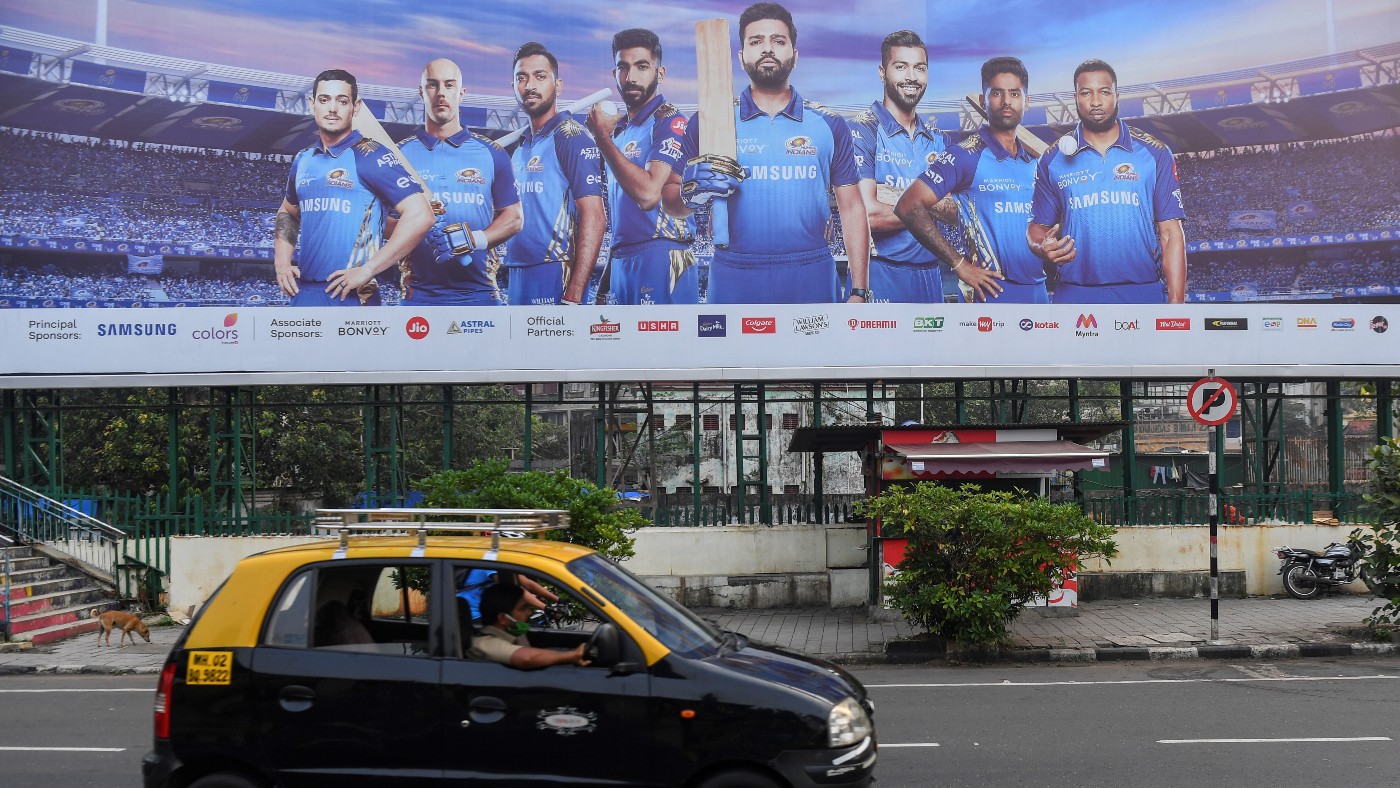 The sinister side to India’s fantasy gaming craze
The sinister side to India’s fantasy gaming crazefeature Fantasy gaming is booming in India, despite the country's ban on gambling
-
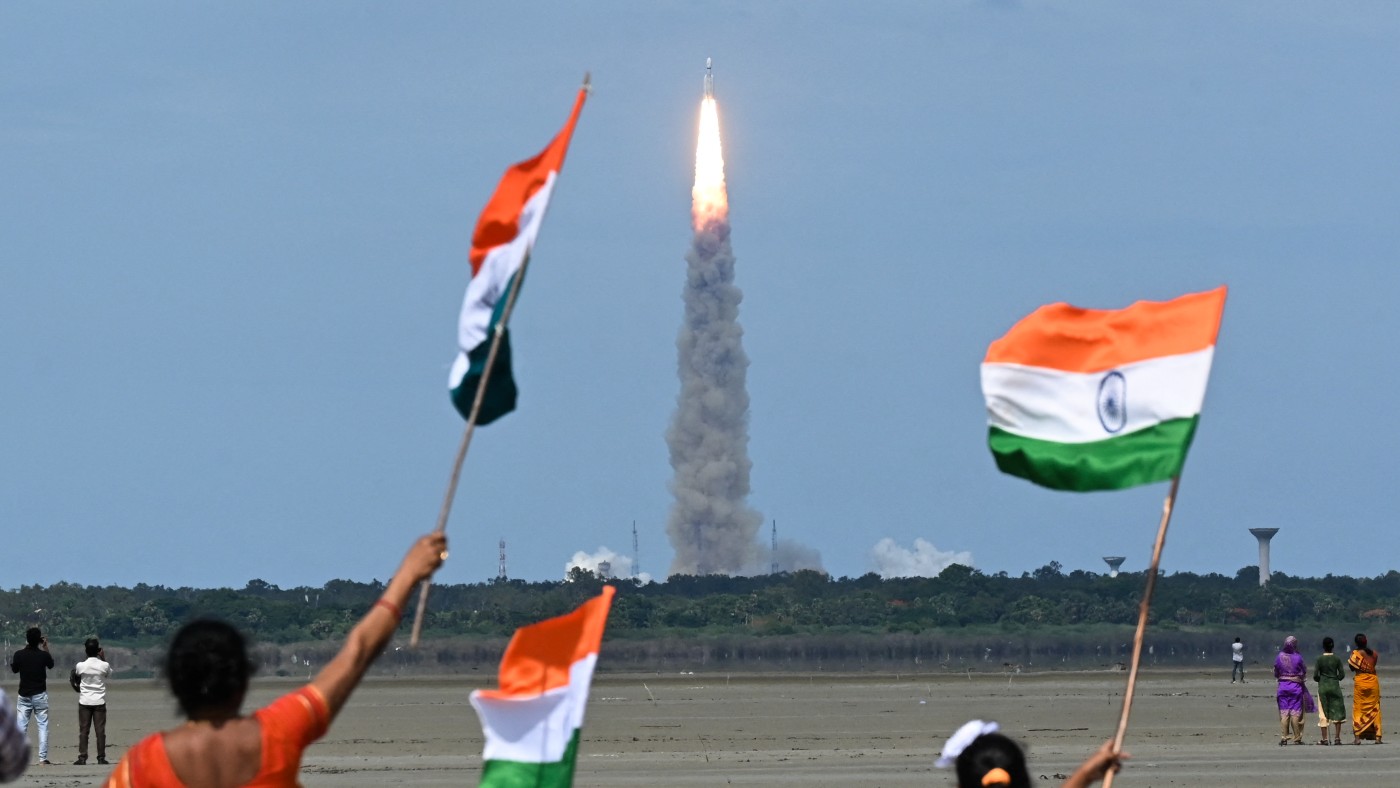 India hoping to be fourth country to reach Moon after Chandrayaan-3 launch
India hoping to be fourth country to reach Moon after Chandrayaan-3 launchSpeed Read Rocket aiming to set its lander Vikram down near Moon’s little-explored south pole
-
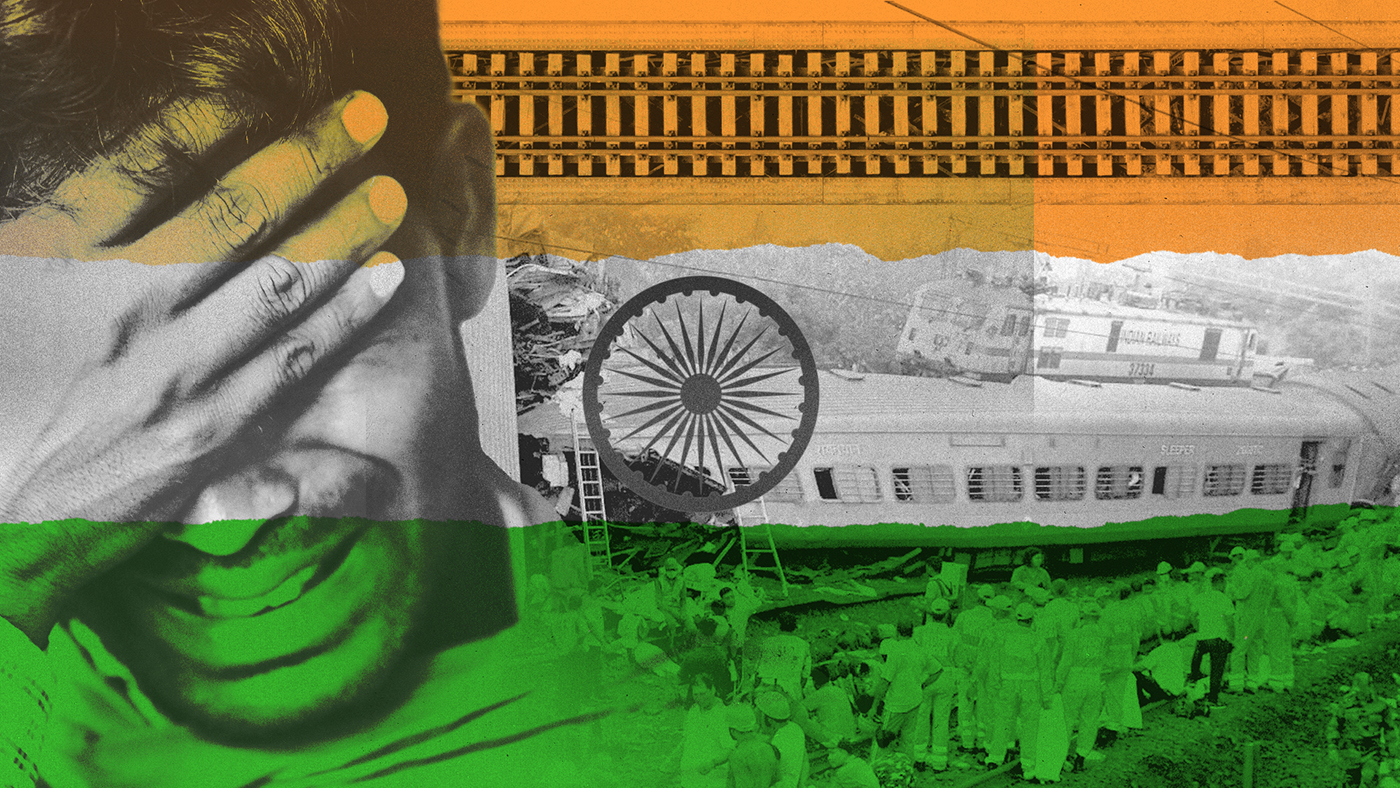 Why does India have so many train crashes?
Why does India have so many train crashes?Today's Big Question The deadly Odisha crash is the latest in a string of rail accidents in the country
-
 More than 260 killed and 900 injured in Indian train crash
More than 260 killed and 900 injured in Indian train crashSpeed Read